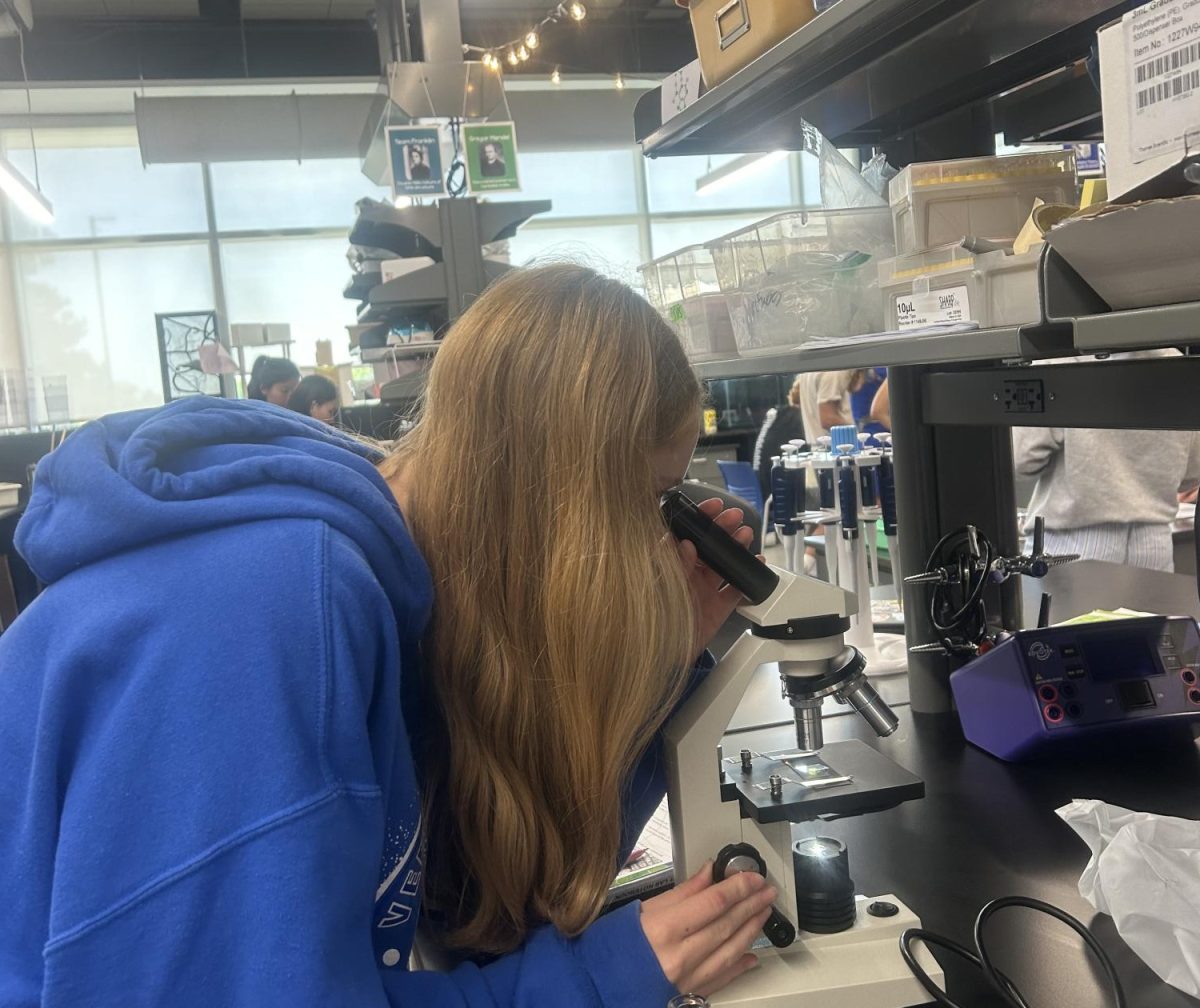Science is everywhere: in the air, the ground, the water, and so much more. However, in high school, most students typically take only the three core sciences: physics, chemistry, and biology. These are
essential, but with new careers in science appearing all the time, why not dive deeper? Why not broaden our horizons?
Electives like forensic science, astronomy, or other physical sciences could be beneficial additions to our schools curriculum. These courses offer students the opportunity to explore their passions and discover potential career paths before entering college. The school already offers some engineering classes, which is a strong start.
“I think that students who want to study engineering should start it earlier so they can get more knowledge before they go to college, so they aren’t lost and question if they should pursue it,” Emilia Torres (11) said.
High school is supposed to prepare students for college and beyond, but many careers aren’t represented in the classes we take. More electives would give students a better sense of what paths they want to follow.
“I would like to have more electives on the physical type of science, because [the science teachers] have talked to kids that have said, ‘I want more science [classes], but the only thing you guys offer is anatomy and physiology,’” Mark Prosise, Head of Science Department, said.
While the curriculum currently offers electives like anatomy, earth science, and life science, most are health-related. Physical science electives are limited, even though many careers are based in that field. There have been improvements, though.
“We have recently gotten a class called STEM Capstone, which is the course that allows [students] to expand into different types of sciences,” Amy Elliott, Science teacher, said.
Capstone gives students freedom to design projects based on their own interests, but it’s still just an elective. Meanwhile, the three core sciences remain the main re- quired classes. So which one gives students the strongest foundation?
“Physics is [a] foundational course; when a person branches out into specialties, there will at least be one unit that will become their field of specialty or lead their way into that career,” Prosise said.
The future of science and medical careers is important, and more opportunities could help students prepare for them. Adding electives like forensic science could give us a head start, so we don’t feel unprepared when we reach college. Students should speak up about classes they want—because
expanding our curriculum could open doors for many of us to reach our goals.

